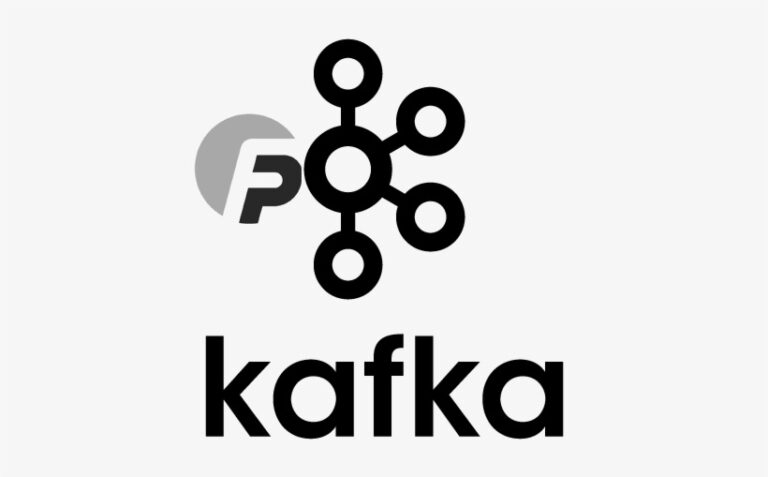Introduction:
Retry mechanisms are crucial for handling transient errors and ensuring message processing success in integration solutions. Apache Camel provides various options for implementing retry logic in routes, allowing you to automatically retry failed message deliveries. In this section, we will explore different retry mechanisms available in Camel and provide code samples to demonstrate their implementation.
4.3.1 Retry Processor:
The Retry Processor in Apache Camel provides a flexible and configurable way to retry failed message deliveries. It allows you to define the retry behavior, including the number of retry attempts, delay between retries, and handling of exceptions. Here’s an example of implementing the Retry Processor:
from("direct:start")
.doTry()
.process(exchange -> {
// Process the message
})
.doCatch(Exception.class)
.to("direct:retry")
.end();
from("direct:retry")
.delay(5000)
.to("direct:start");In this example, the doTry block represents the section of the route where message processing occurs. If an exception occurs, the doCatch block is executed, which routes the message to the direct:retry endpoint. The delay statement introduces a delay of 5000 milliseconds before retrying the message delivery. The message is then routed back to the direct:start endpoint for another processing attempt.
4.3.2 Redelivery Policy:
The Redelivery Policy is another powerful mechanism for implementing retry logic in Camel routes. It allows you to define a set of rules for redelivery, including the maximum number of redelivery attempts, delay between redeliveries, and handling of specific exceptions. Here’s an example:
from("direct:start")
.errorHandler(defaultErrorHandler()
.redeliveryPolicy(redeliveryPolicy()
.maximumRedeliveries(3)
.redeliveryDelay(5000)
.retryAttemptedLogLevel(LoggingLevel.WARN)))
.to("mock:endpoint");In this example, the redeliveryPolicy statement configures the Redelivery Policy for the DefaultErrorHandler. It specifies a maximum of 3 redelivery attempts, a redelivery delay of 5000 milliseconds, and sets the log level to WARN for retry attempts.
Conclusion:
Implementing retry mechanisms in Camel routes is essential for handling transient errors and ensuring the successful delivery of messages. By utilizing the Retry Processor or configuring the Redelivery Policy, you can define flexible and customizable retry logic. These mechanisms enhance the reliability and robustness of your integration solutions. In the next section, we will explore testing and monitoring strategies for Camel routes.












